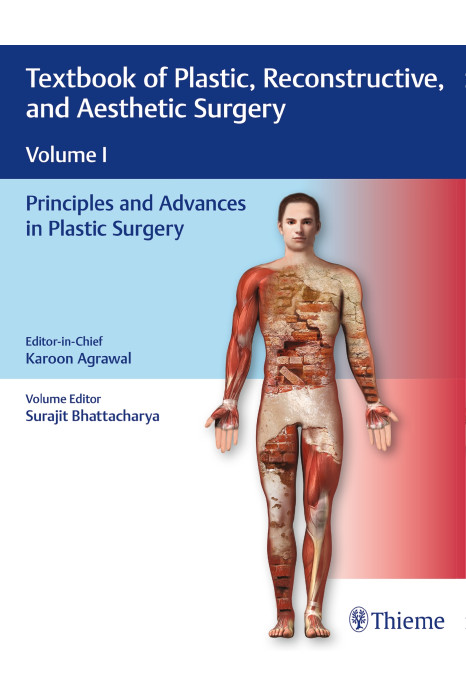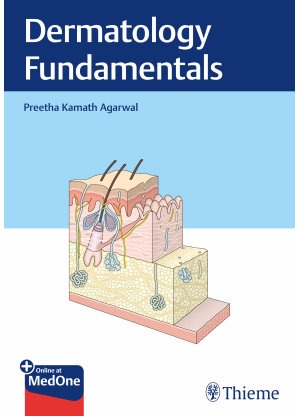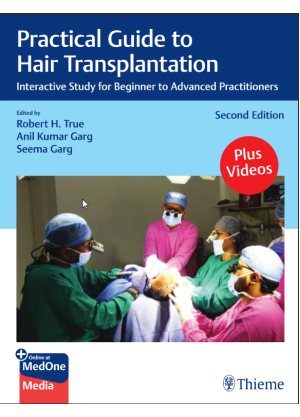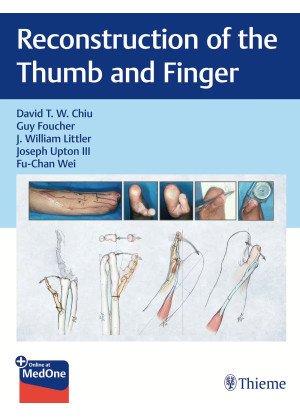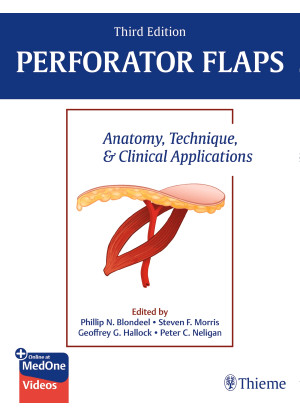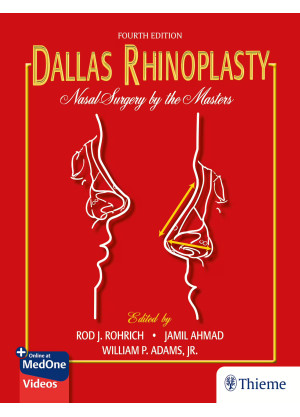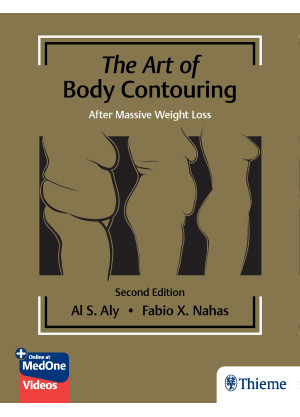Textbook of Plastic, Reconstructive, and Aesthetic Surgery is a comprehensive and illustrated work from the land of Sushruta for students, teachers, and practicing surgeons. It is a six-volume set with division of volumes based on the clinical needs of plastic surgeons in developing countries. Along with latest developments, these volumes incorporate landmark contributions, innovations, and techniques of Indian clinicians who regularly deal with unique and complicated conditions. While a majority of authors have been chosen from the Indian subcontinent, a few international authors whose work is considered indispensable for understanding the subject have also been included.
These volumes seek to incorporate in one work issues relevant to the developing world as well as insights from national and international plastic surgery practices which highlight newer management techniques along with the traditional methods. This makes these volumes a "must-have" resource for students and practitioners of plastic surgery across the globe.
In this volume, Principles and Advances in Plastic Surgery, a very wide spectrum of topics, right from the history of plastic surgery to current and raging subjects like lasers; composite tissue allotransplantation; simulation; robotics; telemedicine and information technology in plastic surgery; clinical photography; human factors and skills in plastic surgery; doctor–patient relationship; and legal issues have been discussed. The authors have tried to explore the basic science behind wound healing, scar biology, and scar management. Repair and healing of individual tissues—skin, fat, and fascia muscles and tendons; peripheral nerves and bones—have been assigned separate chapters and explained in great details.
Salient features of the volume:
- Unravels the haemodynamics of and understanding of the pitfalls in surgery involving flaps.
- Includes chapters on benign skin tumors; non-melanotic, and melanotic skin cancers; hemangiomas; and vascular malformations as they present the clinical scenario peculiar to South Asia.
- Untangles the mysteries of regional anesthesia to appreciate the problems of difficult intubation faced routinely by anesthesiologists.
